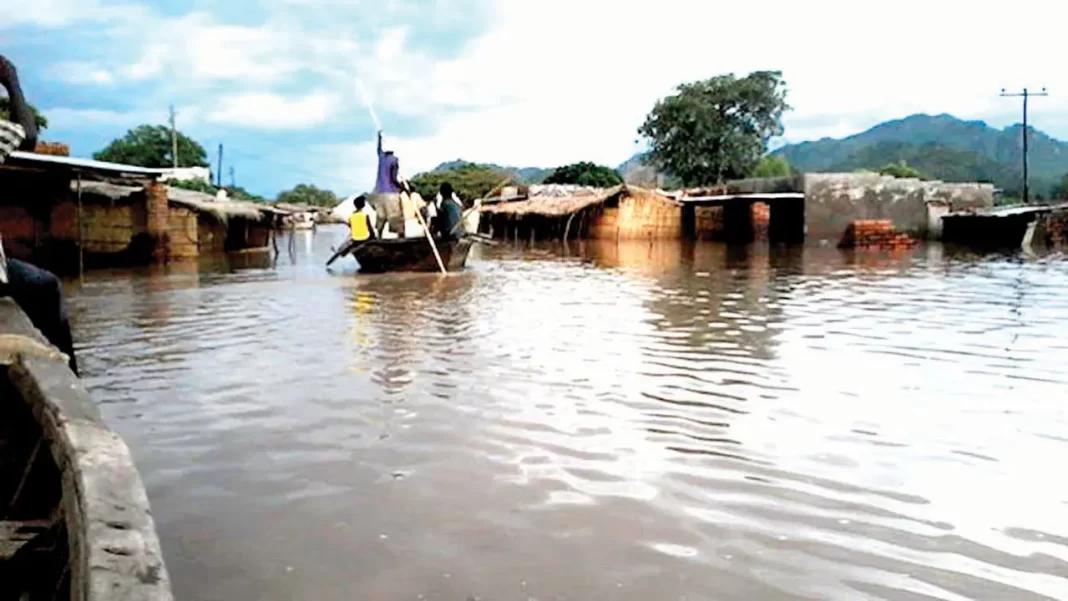By Milcah Tanimu
Adamu Nayola, the Director of Planning, Research, and Statistics at the agency, shared this information on Monday in Bauchi.
Nayola explained that the flooding disaster occurred as rivers in the region overflowed due to heavy rainfall, causing destruction to more than 700 houses and farmland in the Cheledi Community.
He detailed the extent of the destruction, stating, “The flood resulted in the destruction of rice, maize, sorghum, millet, sesame seeds, and cowpea crops.”
Characterizing the incident as both devastating and the worst experienced in the state this year, Nayola noted that the flood has left many residents of the community without homes.
In response, the Commissioners for Humanitarian Affairs, Housing, and Environment visited the affected area to assess the damage and offer necessary assistance to the victims, Nayola reported.
He emphasized that a significant number of the impacted villages were situated along the banks of the stream, making them particularly susceptible to flooding.
Nayola mentioned that the State Emergency Management Agency (SEMA) is currently compiling data on the affected houses and farmland in order to provide relief materials to those affected.
As a precautionary measure, Nayola urged the public to steer clear of flood-prone regions and refrain from constructing buildings that obstruct waterways, thus mitigating the risk of flooding.





